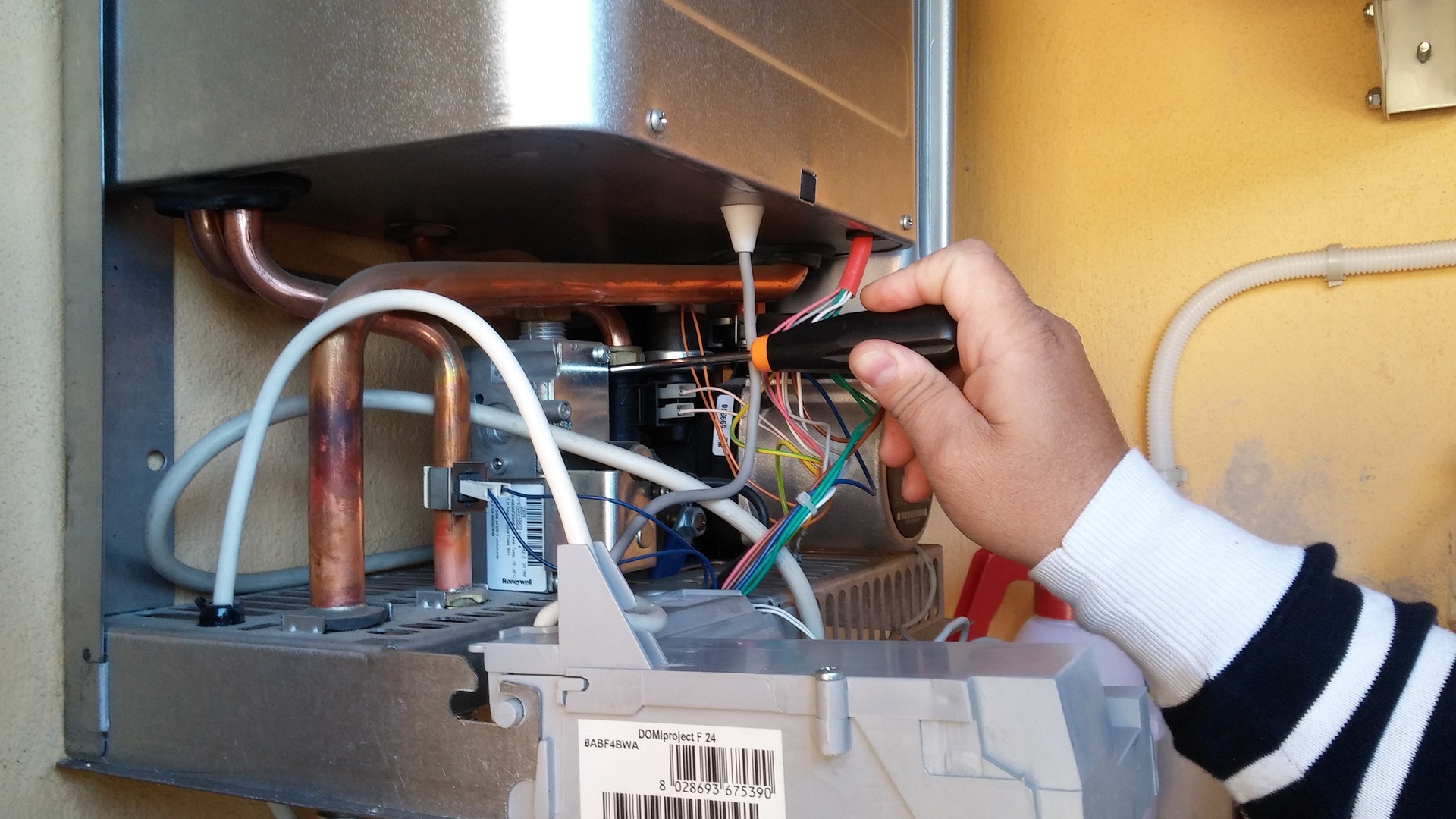Understanding What Affects the Cost of Boiler Installation in 2025
Replacing or installing a new boiler is a significant investment for any homeowner. In 2025, with ongoing advancements in heating technology and evolving energy efficiency standards, understanding the factors that influence boiler installation costs is more crucial than ever. This guide will provide a comprehensive overview of these cost drivers, helping you make informed decisions and budget effectively for your boiler installation project.
What are the primary factors influencing boiler installation costs?
The cost of boiler installation is influenced by various factors, many of which are expected to remain relevant in 2025. These include:
-
Boiler type and size: The choice between combi, system, or conventional boilers, as well as the size required for your property, significantly affects the overall cost.
-
Energy efficiency ratings: Higher-rated, more efficient boilers typically come with a higher upfront cost but can lead to long-term savings on energy bills.
-
Installation complexity: The difficulty of the installation process, including any necessary modifications to existing systems, can impact labor costs.
-
Geographic location: Labor and material costs can vary depending on your area, with urban locations often having higher rates than rural areas.
-
Additional components: Extra features or required components such as smart thermostats or water treatment systems can add to the total cost.
How can you select the right boiler for your needs?
Choosing the appropriate boiler for your property is crucial for both cost-effectiveness and performance. Consider the following guidance when selecting a boiler:
-
Assess your heating and hot water requirements: Evaluate the size of your property, the number of bathrooms, and your typical hot water usage to determine the most suitable boiler type and capacity.
-
Consider future needs: If you plan to expand your property or your family is growing, factor in potential increased demand for heating and hot water.
-
Research energy efficiency: Look for boilers with high efficiency ratings to potentially reduce long-term energy costs.
-
Consult with professionals: Seek advice from qualified heating engineers who can provide personalized recommendations based on your specific circumstances.
-
Compare warranties and after-sales support: Look for manufacturers offering comprehensive warranties and reliable customer service to protect your investment.
What long-term considerations should be factored into ownership costs?
When evaluating the total cost of boiler ownership, it’s essential to look beyond the initial installation expenses. Long-term considerations include:
-
Energy efficiency: More efficient boilers may have higher upfront costs but can lead to significant savings on energy bills over time.
-
Maintenance requirements: Regular servicing is crucial for optimal performance and longevity. Factor in annual maintenance costs when budgeting.
-
Potential repairs: As boilers age, they may require more frequent repairs. Research the reliability of different brands and models.
-
Lifespan: Consider the expected lifespan of the boiler. A longer-lasting unit may justify a higher initial investment.
-
Technological advancements: By 2025, new technologies may emerge that could impact energy efficiency or connectivity options for boilers.
How do installation costs vary among different boiler types?
Understanding the cost differences between various boiler types can help in making an informed decision. Here’s a comparison of estimated installation costs for different boiler types in 2025:
| Boiler Type | Estimated Cost Range | Key Features |
|---|---|---|
| Combi Boiler | $2,500 - $4,500 | Space-saving, on-demand hot water |
| System Boiler | $3,000 - $5,500 | Suitable for properties with multiple bathrooms |
| Conventional Boiler | $3,500 - $6,500 | Ideal for areas with low water pressure |
| Biomass Boiler | $5,000 - $15,000 | Eco-friendly option using renewable fuel |
| Heat Pump Hybrid | $7,000 - $18,000 | Combines boiler with air source heat pump |
Prices, rates, or cost estimates mentioned in this article are based on the latest available information but may change over time. Independent research is advised before making financial decisions.
Frequently Asked Questions
-
How often should a boiler be replaced?
On average, boilers last 10-15 years. However, well-maintained units can last longer.
-
Can I install a boiler myself to save on costs?
It’s not recommended. Boiler installation requires specialized knowledge and must comply with safety regulations. Always use a qualified professional.
-
Are there any government incentives for boiler installations in 2025?
Check with local authorities, as energy efficiency incentives may be available but can vary by region and over time.
-
How long does a typical boiler installation take?
Most installations can be completed within 1-3 days, depending on the complexity of the job.
-
What impact does boiler efficiency have on running costs?
Higher efficiency boilers can significantly reduce energy bills, potentially saving hundreds of dollars annually.
In conclusion, understanding the factors that influence boiler installation costs in 2025 involves considering the type of boiler, energy efficiency, installation complexity, and long-term ownership costs. By carefully evaluating these aspects and consulting with professionals, homeowners can make informed decisions that balance upfront costs with long-term benefits. As technology and energy standards continue to evolve, staying informed about the latest developments in boiler technology will be crucial for making cost-effective choices.





